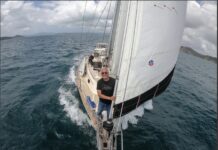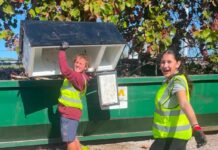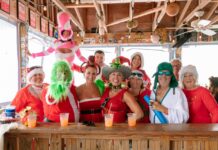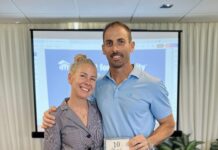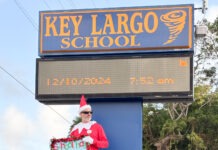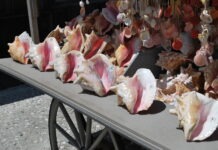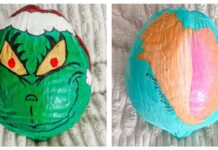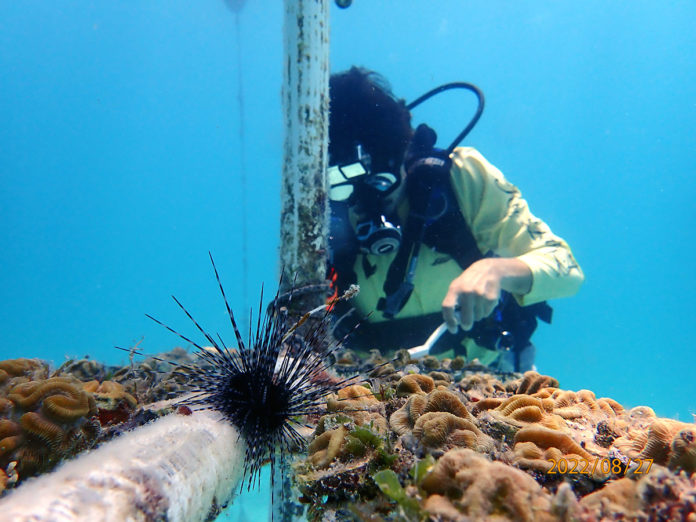
Recent years have seen various companies throughout the Florida Keys stretch the definition of “ecotourism” as an attractive advertising buzzword.
Training volunteers, and eventually tourists, to prepare nearly 1,000 fragments of living coral for eventual outplanting on the reef? Yeah, we’re going to say that counts.
Enter Florida Keys Aquarium Encounters’ partnership with Reef Renewal USA, a nonprofit organization dedicated to inspiring volunteers to aid in coral reef protection and restoration.
“We’re really a volunteer-based organization,” said Aquarium Encounters co-owner and Reef Renewal board member Ben Daughtry. “That’s what we’re driving for. We’ve got 25 volunteers here today.”
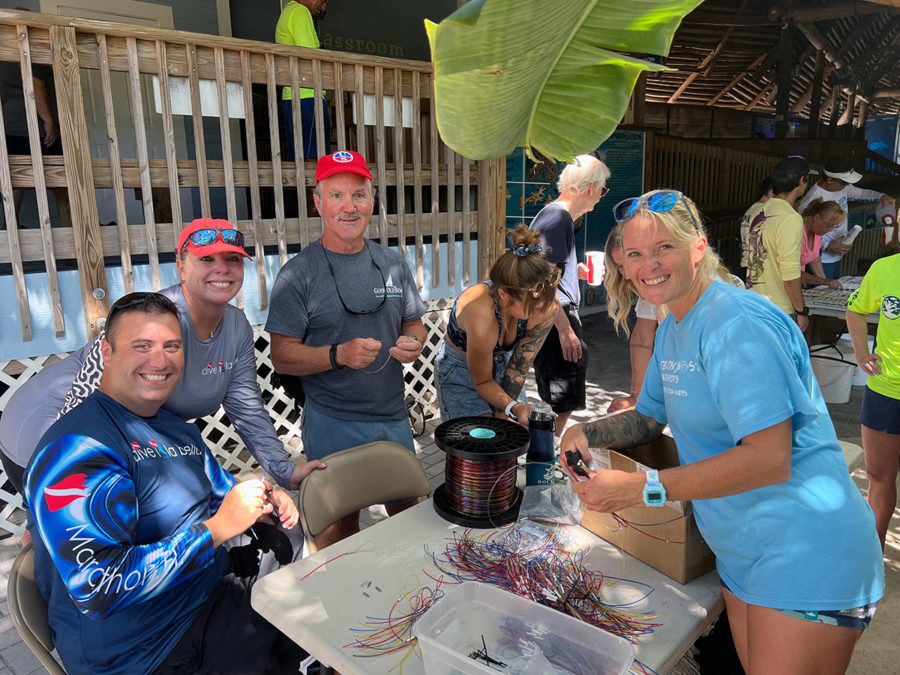
To the untrained eye, the operation set up at the aquarium on Aug. 27 may look a bit more like a machine shop than a marine science operation, with multiple band saws running and plentiful quantities of cement and monofilament.
The goal for the day was to make calculated cuts in order to fragment four genotypes of larger boulder corals into half-inch pieces that could be affixed to small cement plugs and delivered to a coral nursery on the reef line to grow. In six to 12 months, when the tiny fragments have grown out to cover their cement plugs, they’ll be transported from their nurseries to other areas of the reef for permanent outplanting.
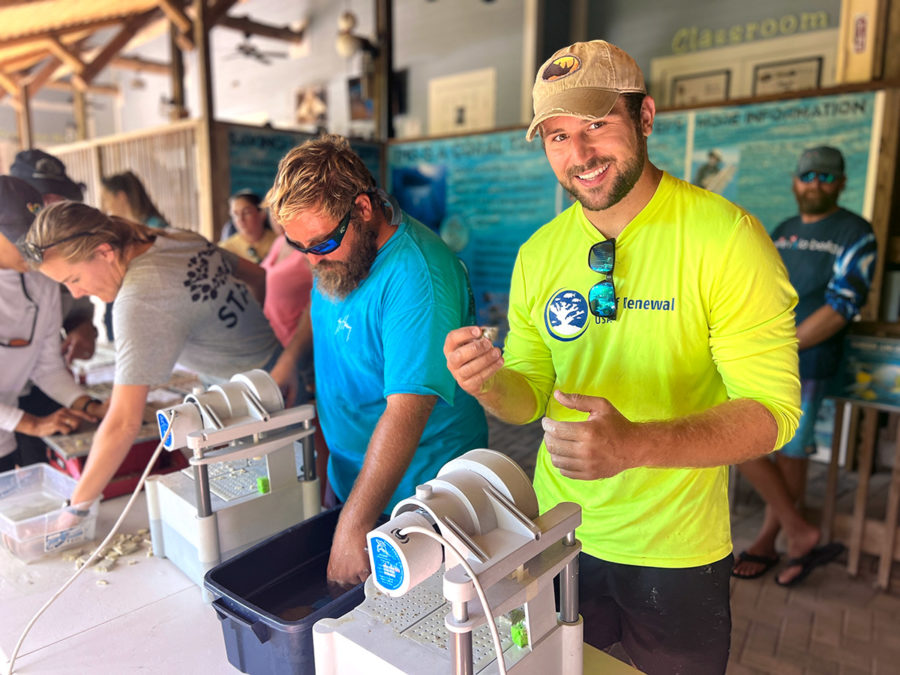
“What we’re doing is speeding up the time it takes for them to grow and get to spawning,” Daughtry said. “If you were to let two corals naturally spawn and one little one settle out, it would take 25 to 50 years or more for it to get big enough to spawn. By doing what we’re doing, in three to five years they’ll be able to spawn.”
The effort is part of a larger initiative by the National Marine Sanctuary Foundation’s Mission: Iconic Reefs, one that aims to build seven reefs up and down the keys up to 25% coral coverage in order to become natural coral nurseries.
After spending the morning fragmenting and preparing 900 corals, the group headed out to the nursery on boats provided by Tilden’s Dive Center to install the trays of tiny corals and clean the rope and PVC structures used to support the growing boulder, staghorn and elkhorn corals.
“All four major dive shops are committed to being a part of this process with us,” said Daughtry, referencing commitments from Tilden’s Dive Center, A Deep Blue Dive Center, Captain Hook’s and Better Than Most Watersports to take volunteers out to the reef as needed on a rotating schedule.
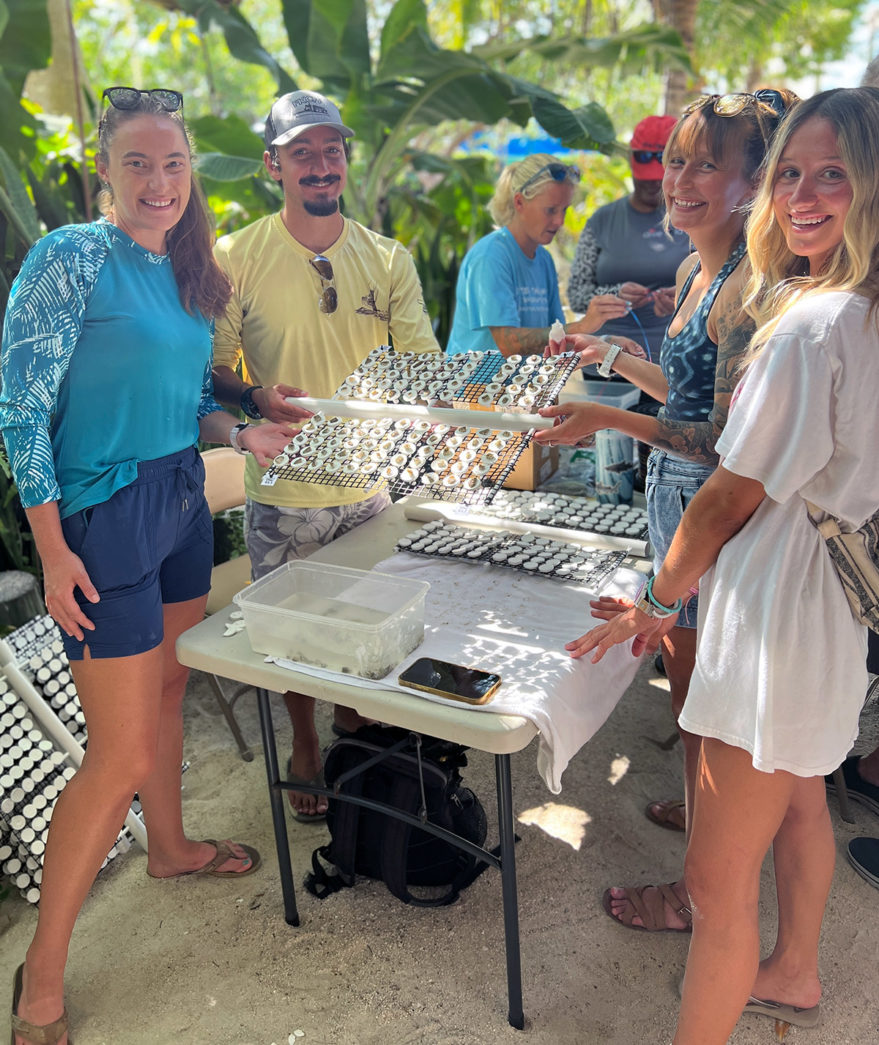
Gabrielle Rosenbacher is Reef Renewal’s field work and volunteer coordinator. For her, the day was just the beginning of what all involved hope will blossom into a steady flow of eager ecotourism volunteers – both locals and tourists. Rosenbacher is in the midst of developing an online volunteer training course covering basic coral nursery maintenance that potential volunteers can take before being paired with one of Reef Renewal’s nursery managers to get to work. While volunteers in the nursery must be dive-certified, there are plenty of opportunities on land as well.
“We really want people to get involved in any way possible,” she said. “You can touch coral and get hands-on experience here, and it will grow your knowledge and excitement for these things that need to be protected so badly.”
“Aquarium Encounters puts a real public side to this,” said Daughtry. “Anybody coming into the aquarium today, if they’re interested, they get to get their hands dirty and be a part of it too. We’re giving that exposure to people visiting the Keys.”
To learn more about volunteer opportunities and next steps, contact Reef Renewal at volunteer@reefrenewalusa.org.



